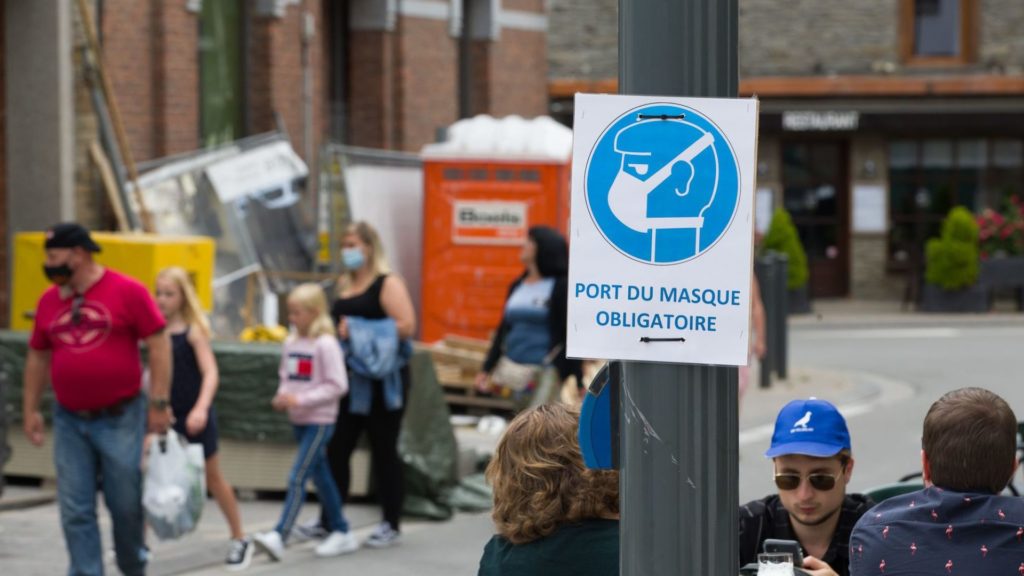People living in Belgium should not expect a big bang approach to the reopening of society after September 1, according to infectious disease expert and GEMS chair Erika Vlieghe.
Although the number of infections continues to rise in Belgium and the number of hospital admissions has stopped decreasing, Vlieghe welcomed the fact that Belgium was not yet in the same position as the Netherlands and the United Kingdom, which opted for a faster return to normal.
"Let us remain cautious and maintain the basic measures to keep things under control, and not go for big bang from 1 September, with all the brakes off. A gradual and manageable approach seems to us a more sustainable way to go into the future," she said on Radio 1.
She added that it is mainly people who have not been vaccinated that ended up in hospitals, warning that the group who has not yet been fully vaccinated is still large and that measures are needed to protect this group.
Related News
As of Friday, 82% of the adult population in Belgium (around 7.7 million people) had received the first injection of a coronavirus vaccine, whilst almost 5.3 million people (57.3% of the adult population in Belgium) have received a second dose and are now considered fully protected.
After the original meeting on Friday was postponed due to the severe weather, Belgium's Consultative Committee will gather on Monday afternoon to discuss the current epidemiological situation, as well as the next stop of the relaxations in Belgium’s “summer plan,” which was planned to take effect on 1 August.
Meanwhile, in England, where cases are continuing to hit record-highs since January, UK Prime Minister Boris Johnson, who himself is in quarantine after becoming exposed to the virus, lifted most coronavirus restrictions on Monday after one year.
As part of what local media have called 'Freedom Day', wearing facemasks in shops and other indoor settings will no longer be required by law in England, and rules on maximum capacity in bars and restaurants, as well as rules limiting the number of people who can socialise together, will lapse.
Johnson's strategy to put economics over health is relying on the UK's vaccination rollout, however, this strategy comes with risks, as the increasing infections the country is experiencing could result in a variant capable of resisting vaccines emerging.
"If we don’t do it now we’ve got to ask ourselves, when will we ever do it?" he said in a video message released on Sunday, in which he urged the public to remain cautious.

